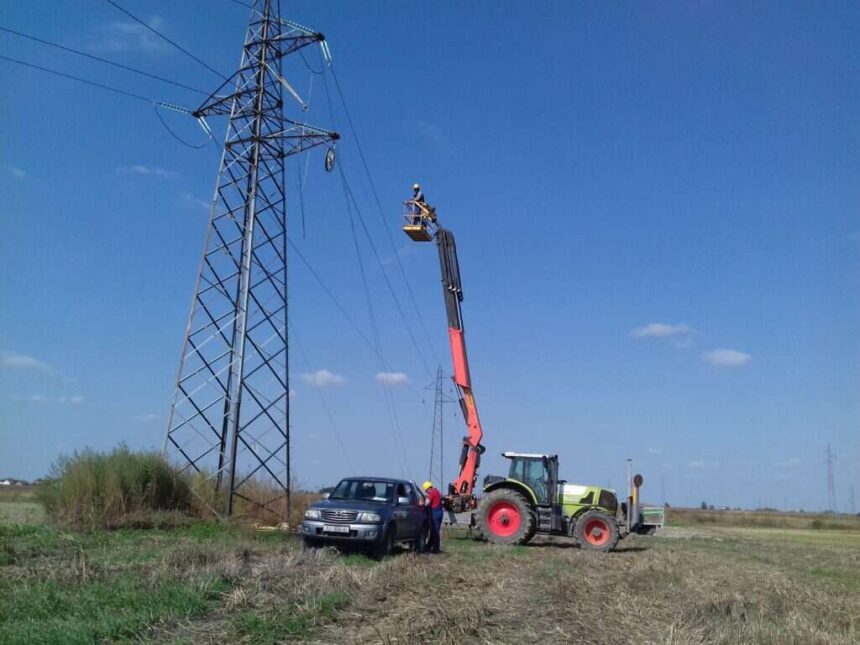Electric utilities today are navigating a complex landscape filled with numerous challenges. One of the most pressing issues is aging infrastructure. Much of the power grid was built decades ago, leading to inefficiencies and increased risks of failure. Upgrading or replacing this outdated infrastructure can be both costly and logistically challenging, making it difficult for utilities to keep up with modern demands.
Alongside these infrastructure concerns, there is a rising demand for electricity. Population growth and the electrification of sectors such as transportation, heating, and information technology have led to an unprecedented increase in energy consumption. Utilities find themselves in a race to boost capacity without the time and expense typically required to construct new lines.
The integration of renewable energy sources adds another layer of complexity. As the energy landscape shifts toward wind and solar power, utilities must adapt their infrastructure to accommodate these variable inputs while maintaining grid stability. This transition is crucial but challenging, requiring significant changes to existing systems.
Regulatory and environmental pressures further complicate matters. Utilities are facing increasing scrutiny from regulators and the public regarding their environmental impacts, especially concerning greenhouse gas emissions. Balancing the need for sustainable practices with the imperative to provide affordable energy is a tightrope walk for many utilities.
In addition to these operational challenges, cybersecurity threats pose a significant risk. As utilities increasingly rely on digital technologies, they become more vulnerable to cyberattacks, necessitating robust protections for critical infrastructure.
In response to these challenges, Advanced Conductors have emerged as a promising solution. Technologies such as high-temperature composite core conductors offer significant advantages. For instance, Advanced Conductors can carry more current than traditional steel reinforced aluminum conductors, allowing utilities to enhance transmission capacity without the need to substantially modify or replace existing infrastructure. Furthermore, these advanced conductors typically exhibit lower electrical resistance compared to conventional conductors of the same size and weight, which reduces energy losses during transmission, ultimately improving efficiency and lowering utility and consumer costs.
These Advanced Conductors are also lighter and more flexible, making installation easier and less disruptive to existing systems, compared to installing larger, heavier conventional conductors. Their durability can also enhance the longevity of the infrastructure, reducing maintenance costs and downtime.
However, despite their many benefits, the deployment of Advanced Conductors faces several barriers. While overall project costs may be lower, their higher ‘per meter’ costs can be a hurdle, especially for utilities that operate under tight budgets or than don’t directly benefit from line loss reduction savings. Additionally, a lack of installation and operation experience can create uncertainty and resistance among some decision-makers that may want to perform smaller ‘trial’ projects before full implementation.
Regulatory complexities further complicate the adoption of these technologies, as varying requirements across jurisdictions can lead to delays and increased costs. Many utility leaders may also be unaware of the full potential of Advanced Conductor technologies, limiting their willingness to explore these options.
CTC Global is playing a pivotal role in advancing conductor technology. The company specializes in the production of composite core ACCC® Conductors, which offer a compelling combination of performance and cost-effectiveness. CTC Global invests in research and development to continuously improve its product offerings, ensuring they meet the evolving needs of the utility sector.
Beyond product development, CTC Global provides extensive technical support to utilities. This includes helping them understand the advantages of Advanced Conductors and guiding them through the implementation process. The company is committed to raising awareness of Advanced Conductor technologies through educational programs and workshops aimed at utility decision-makers, engineers, and linemen.
Collaboration is also a key focus for CTC Global. By partnering with various stakeholders—including utilities, regulators, and research institutions—the company aims to promote the adoption of Advanced Conductors and work through the barriers to deployment.
As electric utilities confront the myriad challenges of a rapidly changing energy landscape, Advanced Conductors present a viable solution to enhance efficiency, capacity, and reliability. While there are obstacles to overcome, companies like CTC Global are leading the way in addressing these issues, helping utilities adapt and thrive in a more sustainable and resilient energy future. Embracing these innovative technologies will be crucial as the industry works to meet the demands of a changing world.





